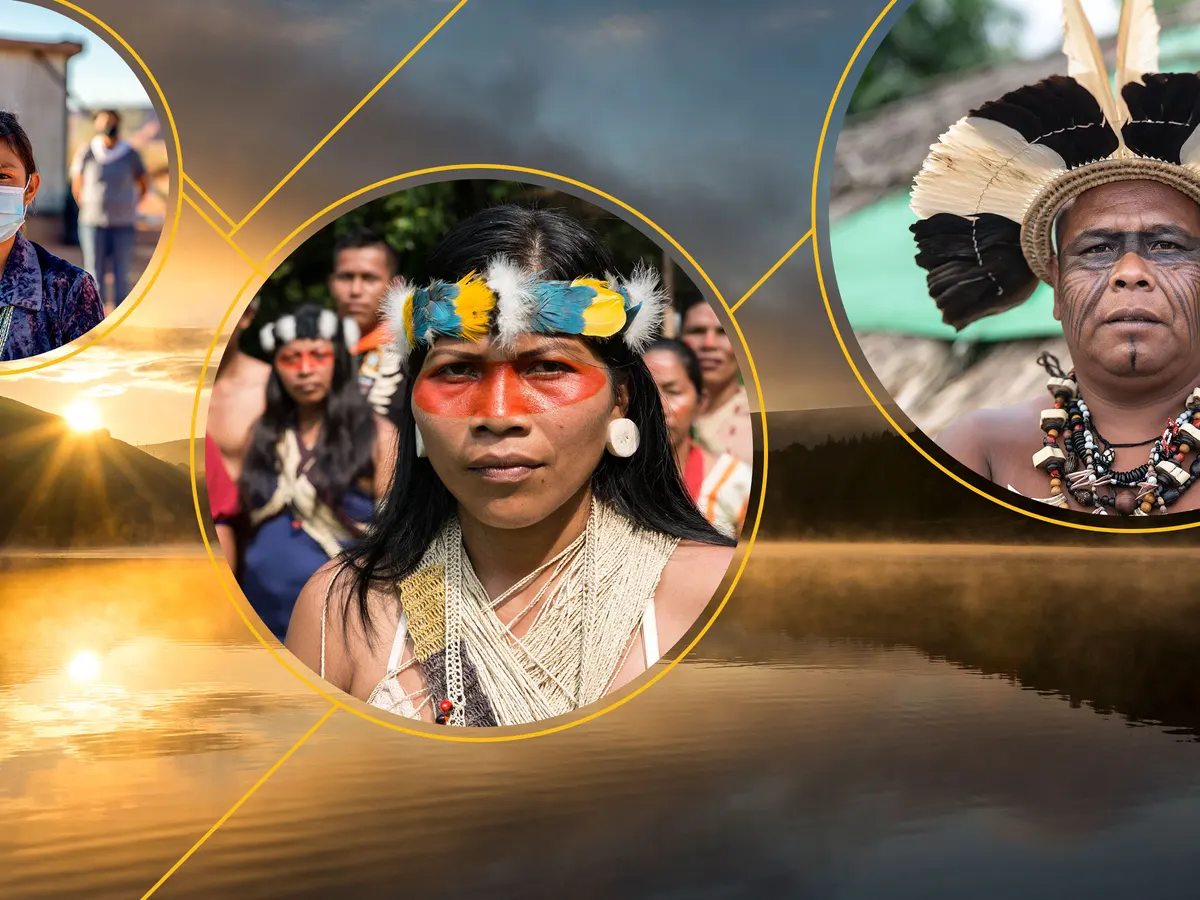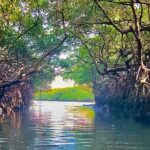Indigenous Wisdom and Nature: Brazil’s Native Communities and Environmental Stewardship

In the heart of Brazil’s diverse landscapes, the invaluable connection between indigenous communities and the natural world has been forged through centuries of coexistence. As stewards of the land, Brazil’s native communities hold a profound wisdom that transcends generations. This wisdom not only sustains their traditional ways of life but also offers profound insights into sustainable practices and environmental stewardship.
The Harmony of Indigenous Communities and Nature:
Indigenous communities in Brazil, representing diverse ethnicities and cultures, have cultivated an intricate relationship with nature that goes beyond mere survival. Nature is integral to their identity, spirituality, and social fabric. The philosophy of living in harmony with the land is deeply embedded in their traditions, with a profound understanding that human well-being is interconnected with the health of the environment.
Sustainable Land Management:
Indigenous communities in Brazil have long practiced sustainable land management, utilizing traditional knowledge passed down through generations. From agroforestry and crop rotation to controlled burning techniques, their agricultural practices are finely tuned to the rhythms of nature. These methods not only ensure food security but also contribute to maintaining biodiversity and soil fertility.
Preserving Biodiversity:
The intricate knowledge of Brazil’s native communities extends to the conservation of biodiversity. Indigenous territories often serve as sanctuaries for a myriad of plant and animal species. The conservation practices embedded in their cultures include the protection of sacred sites, the establishment of seasonal hunting and fishing restrictions, and the careful selection of medicinal plants without depleting their populations.
Cultural Diversity and Environmental Conservation:
Brazil’s indigenous communities are not homogenous; each possesses a unique set of customs, beliefs, and practices. Yet, a common thread across these diverse cultures is a shared commitment to environmental conservation. Indigenous rituals, ceremonies, and spiritual beliefs are intertwined with nature, reinforcing the importance of respecting and protecting the natural world.
Facing Threats: Land Encroachment and Environmental Exploitation:
Despite their historical role as environmental stewards, indigenous communities in Brazil face significant threats. Encroachment on their ancestral lands, driven by logging, agriculture, and infrastructure development, poses a direct challenge to their traditional way of life. Environmental exploitation, including illegal mining and deforestation, further exacerbates the pressures on these communities and the ecosystems they inhabit.
Legal Recognition and Indigenous Rights:
Brazil has made strides in recognizing the rights of indigenous communities through legal frameworks such as the 1988 Constitution and the Indigenous Statute. These provide a basis for the demarcation and protection of indigenous territories. However, the implementation of these laws faces challenges, and indigenous communities continue to advocate for their rights and the preservation of their lands.
Collaborative Conservation Efforts:
Efforts to conserve Brazil’s rich biodiversity increasingly involve collaboration between indigenous communities, governmental agencies, and non-governmental organizations. Recognizing the value of indigenous knowledge and practices, these collaborative initiatives seek to empower native communities in conservation decision-making and promote sustainable development that respects their cultural heritage.
The indigenous wisdom of Brazil’s native communities serves as a beacon of inspiration for sustainable living and environmental stewardship. As the custodians of diverse ecosystems, their knowledge, practices, and cultural values provide invaluable lessons in coexisting with nature. To achieve a harmonious and sustainable future, it is essential to recognize, respect, and learn from the indigenous communities that have long held the key to balancing human needs with the health of the environment.

